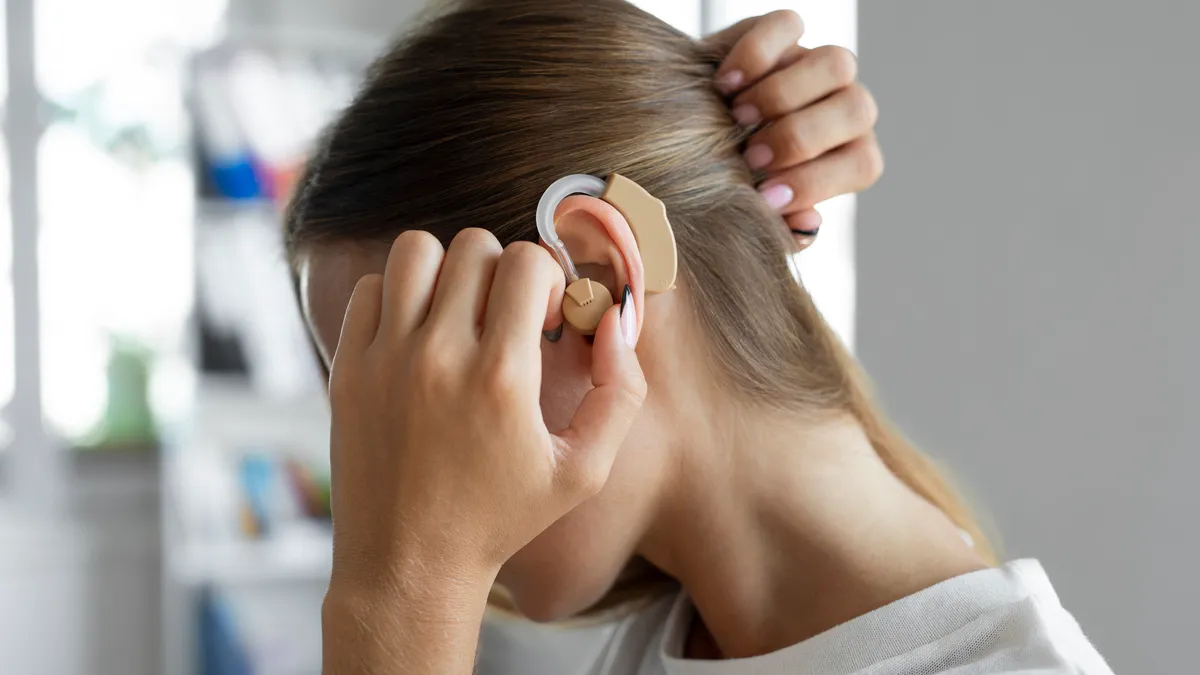Hearing loss can significantly impact an individual’s quality of life, affecting communication, social interactions, emotional well-being, and overall cognitive function. However, with the assistance of a Hearing Aid Provider, individuals with hearing loss can experience substantial improvements in various aspects of their lives.
Professional Assessment and Diagnosis: Hearing Aid Provider conduct thorough assessments to diagnose the type and degree of hearing loss. This initial step is crucial in developing personalized treatment plans tailored to the individual’s specific needs.
Expert Guidance and Counseling: Hearing aid providers offer expert guidance and counseling to help individuals understand their hearing loss and the available treatment options. They educate clients about the benefits of hearing aids and address any concerns or misconceptions they may have, promoting informed decision-making.
Customized Hearing Solutions: Hearing aid providers offer a wide range of hearing aid options tailored to suit each individual’s lifestyle, preferences, and budget. They assist clients in selecting the most suitable devices based on factors such as degree of hearing loss, dexterity, and cosmetic preferences.
Fitting and Programming: Proper fitting and programming of hearing aids are essential for optimal performance. Hearing aid providers ensure a precise fit and program the devices according to the individual’s hearing profile, ensuring maximum comfort and effectiveness.

Follow-Up Care and Support: Hearing aid providers offer ongoing support and follow-up care to monitor progress, address any issues or concerns, and make necessary adjustments to the hearing aids. Regular check-ups and maintenance help ensure that individuals continue to experience the benefits of improved hearing.
Improved Communication: By restoring hearing ability, hearing aids facilitate better communication with family members, friends, and colleagues. Individuals can actively participate in conversations, social gatherings, and professional interactions, reducing feelings of isolation and improving overall quality of life.
Enhanced Cognitive Function: Untreated hearing loss has been linked to cognitive decline and an increased risk of dementia. Hearing aid use can help preserve cognitive function by providing auditory stimulation and reducing cognitive load associated with struggling to hear.
Increased Independence: Improved hearing enables individuals to better navigate their surroundings, perform daily tasks independently, and maintain a sense of autonomy. This increased independence enhances self-esteem and confidence.
Emotional Well-being: Addressing hearing loss can alleviate feelings of frustration, anxiety, and depression commonly associated with communication difficulties. Hearing aid users often report improved emotional well-being and overall quality of life.
Safety and Awareness: Being able to hear environmental sounds such as alarms, sirens, and approaching vehicles is crucial for safety. Hearing aids help individuals remain vigilant and aware of their surroundings, reducing the risk of accidents and improving overall safety.





